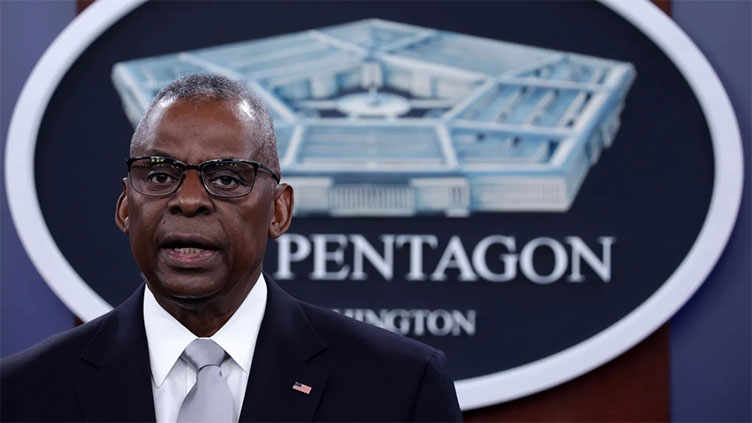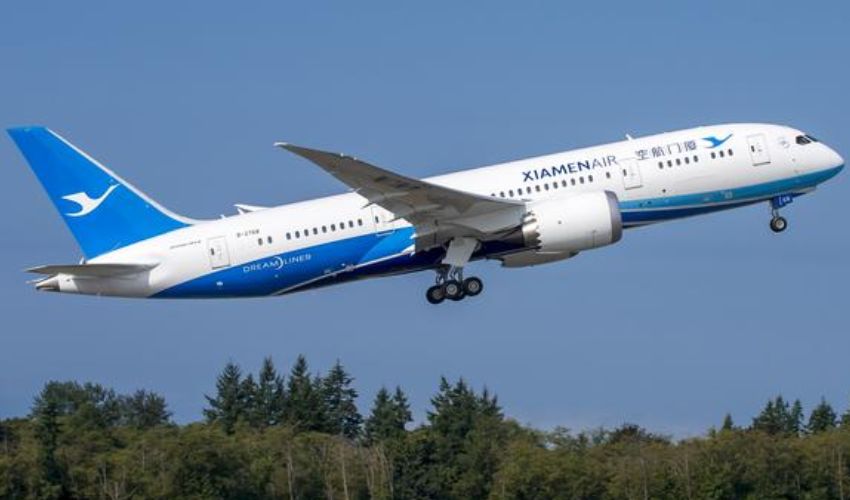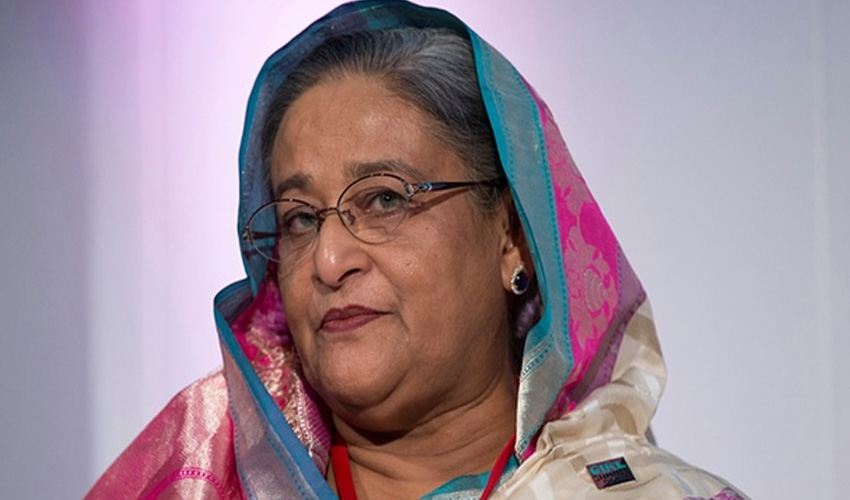United States Defense Secretary Lloyd Austin firmly stated on Friday that Russian President Vladimir Putin does not have the authority to impose demands on Ukraine to bring an end to the ongoing conflict. Speaking at NATO headquarters in Brussels, Austin underscored Ukraine's resilience in the face of Russia's invasion and dismissed Putin's conditions for peace.
According to Reuters, Putin had earlier declared that Russia would consider ending the war only if Ukraine renounced its aspirations to join NATO, ceded all territory claimed by Moscow, and demilitarized. In response, Austin remarked, "He is not in any position to dictate to Ukraine what they must do to bring about peace."
As the war enters its third year, Russia maintains control over nearly 20% of Ukrainian territory. Ukraine, on the other hand, demands a complete withdrawal of Russian forces and the restoration of its territorial integrity as prerequisites for peace. Austin highlighted the heavy toll the conflict has taken on Russian forces, with hundreds of thousands of troops wounded or killed, and reiterated that Putin could end the war immediately if he chose to do so. "We call upon him to do that and to leave Ukrainian sovereign territory," Austin said.
Putin's speech, advocating for Ukraine to adopt a neutral status, withdraw its forces, and engage in negotiations with Russia, seemed strategically timed to counter Ukraine's forthcoming "peace conference" in Switzerland and the NATO summit in Washington. These events are set to discuss Ukraine's future membership in the alliance, a goal President Zelensky continues to seek international support for.
NATO's current stance is that Ukraine will join the alliance eventually, but not while it is still embroiled in conflict.
Austin noted that NATO expansion is a decision for the 32 member countries and indicated there is no immediate plan for further expansion. "I don't see any desire or indication that we will pursue expansion at any point shortly," he said, emphasizing that the alliance's current focus is on integrating its newest members, Sweden and Finland.
The ongoing discussions reflect the broader geopolitical implications of the conflict and the complex considerations surrounding NATO's future composition and Ukraine's aspirations.



























